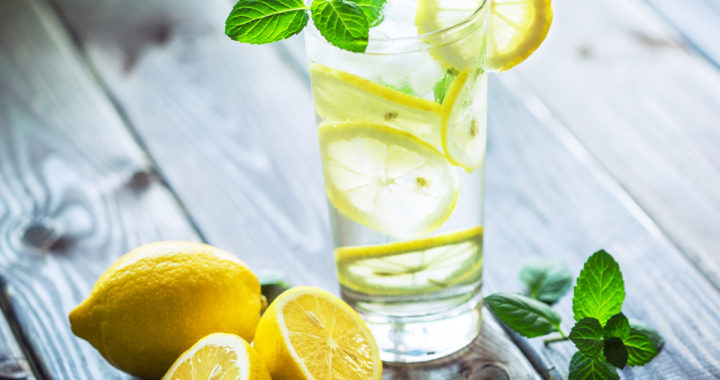Hydration is important for all of us, especially during these hot summer months. However, for the person with early onset Alzheimer’s disease and other types of dementia, hydration becomes critical. As the disease advances, the brain no longer recognizes the feelings of hunger and thirst. If you are a care partner to someone with the disease, it can be easy to lose track of their fluid intake with the numerous tasks you encounter each day. It will be important to build into the person’s daily schedule a consistent offering of fluids throughout the day.
It only takes a 2% loss in body fluid, that isn’t replaced, to cause mild dehydration. Signs of dehydration can include:
- Increased confusion
- Weakness
- Less frequent urination
- Dark-colored urine
- Constipation
- Muscle cramping in arms and legs
- Fatigue
- Dizziness
- Headaches
There are a variety of reasons that lead to a higher risk of dehydration for those with this disease. Causes of dehydration throughout the stages include:
- Early stages: a person may simply forget to drink because they are less sensitive to thirst and/or cannot recall when they last took a drink.
- Moderate stages: a person may struggle with remembering the mechanics of how to get a drink—how to turn on the faucet, where the glasses are kept and how to get the beverage into a glass. It may also be increasingly difficult for them to hold a glass or drink from it without the use of a flexi-straw or modified cup.
- Advanced stages: the risk of dehydration is most severe in this stage as one’s sense of thirst may be lost, or they are unable to express their need for a drink. It can also be difficult for care partners to recognize their loved one is thirsty.
Additional causes may also be attributed to medication side effects. Some prescription medications have a diuretic effect, which means additional fluids are being lost due to the medication.
Ideally, your loved one should be consuming 6-8 cups of fluid each day. Below are some suggestions to promote fluid intake:
- Make fluid intake a “team” effort. As a care partner, it is important for you to also stay hydrated. Take time throughout the day to sit and have a glass of water or cup of herbal tea together.
- Prompt them to drink often. Give your loved one a small glass of water every 60-90 minutes. Drinking smaller amounts of liquid at a time can be easier than presenting them with a large glass of water, which may feel overwhelming.
- Eliminate challenges. If your loved one has difficulty holding or drinking from a glass, take steps to eliminate those challenges. Small no-spill cups with a handle can improve their confidence. There are many cup options for adults, so you don’t have to buy one that is meant for a child. Flexible or one-way straws can also help if drinking from a glass becomes difficult. Clear liquid can be hard for them to see in a clear glass, so adding fruit can make it easier to identify the water.
- Provide them with options. While water is always the best option for hydration, your loved one may not enjoy the taste of plain water. As the disease progresses, adding flavors can help with fluid intake. Adding fruit to the water, such as strawberries, lemon, oranges, pineapple, and blueberries, can increase flavor. Fruit juices can also be diluted by adding a small amount of water. Sports drinks and Pedialyte have a stronger flavor and also contain salts, minerals, and electrolytes.
- Review medications with your physician. If your loved one is taking medications that increase the risk of dehydration, we recommend talking with your physician. They may be able to provide additional suggestions for promoting hydration.
- Add foods throughout the day with high water content. As you prepare meals, consider adding food items with a high water content. Below is a list of ten (10) foods and their corresponding water percentage. The percentage is based upon a one-cup serving:
- Lettuce – 96%
- Cucumber – 95%
- Tomatoes – 94%
- Watermelon – 92%
- Bell peppers – 92%
- Strawberries – 91%
- Cantaloupe – 90%
- Peaches – 89%
- Oranges – 88%
- Cottage cheese – 80%
Broth-based soups are also a good option. It’s also nice to provide items as special treats, such as popsicles, hot chocolate, lemonade, applesauce, and Jell-O.
If your loved one is living in a memory care community, please ask the staff what steps are taken to ensure residents stay hydrated. If they tell you that beverages are available in the refrigerator for residents when they get thirsty, please ask them to give your loved one something to drink every 60-90 minutes. It is within your right to advocate for your loved one to get the proper amount of hydration they need each day.
Next week’s post will focus on the causes and implications of urinary tract infections, which can often result from being dehydrated.

